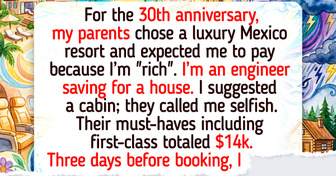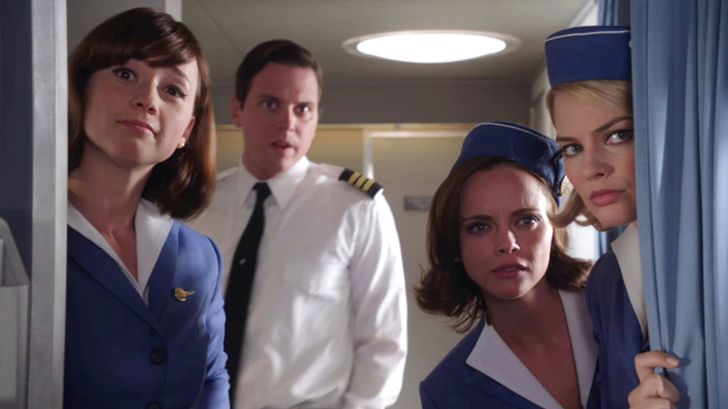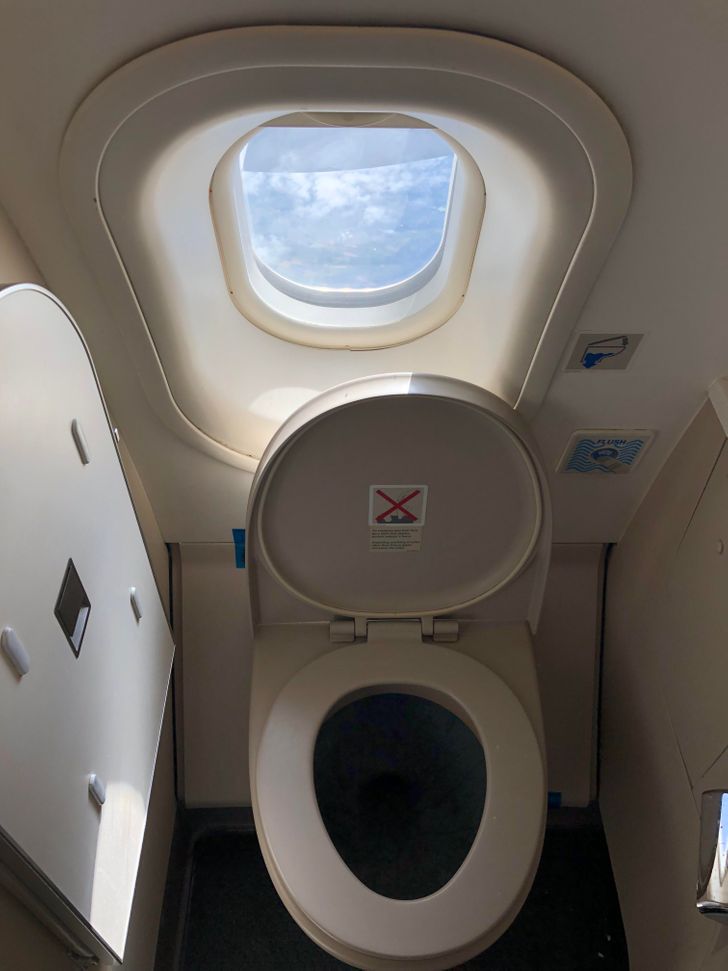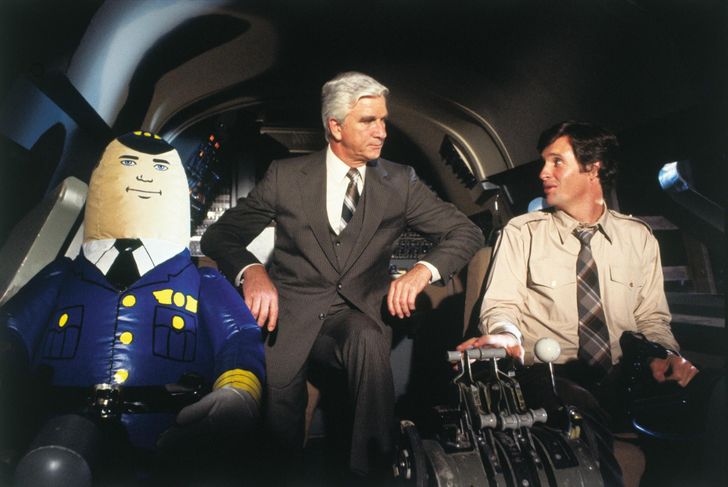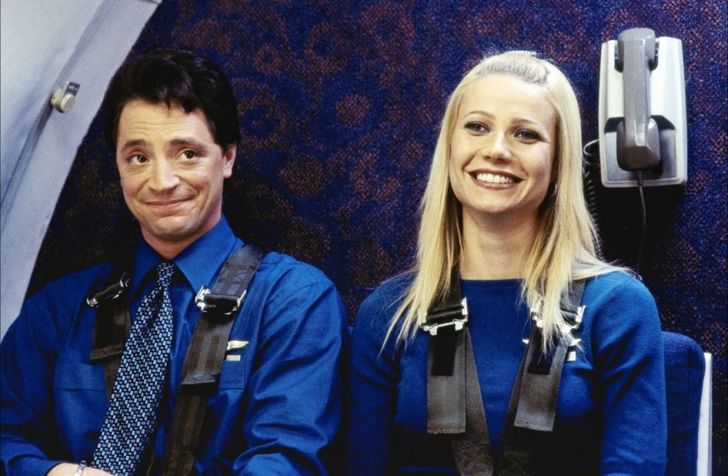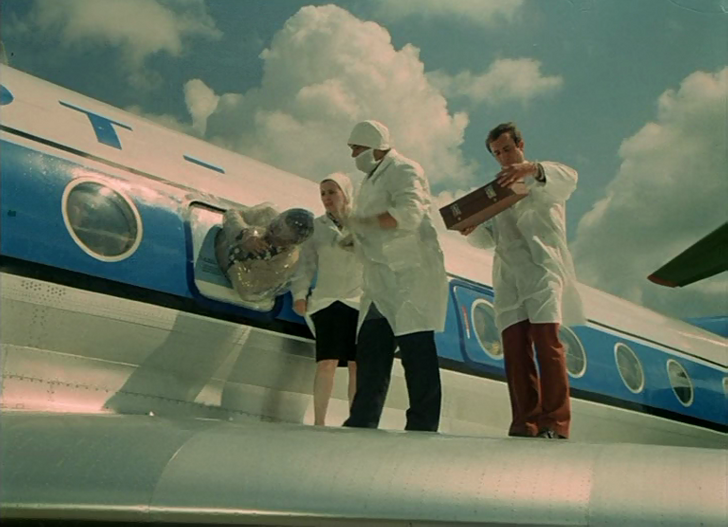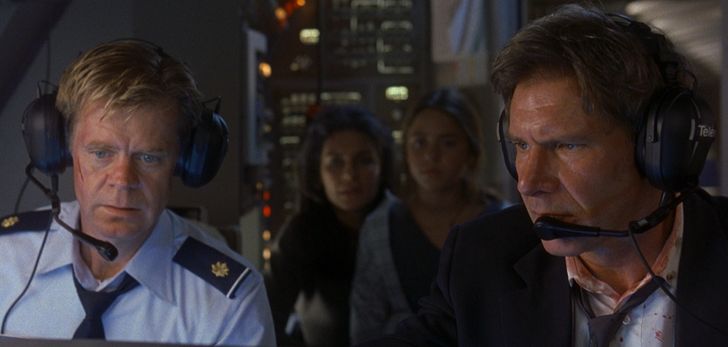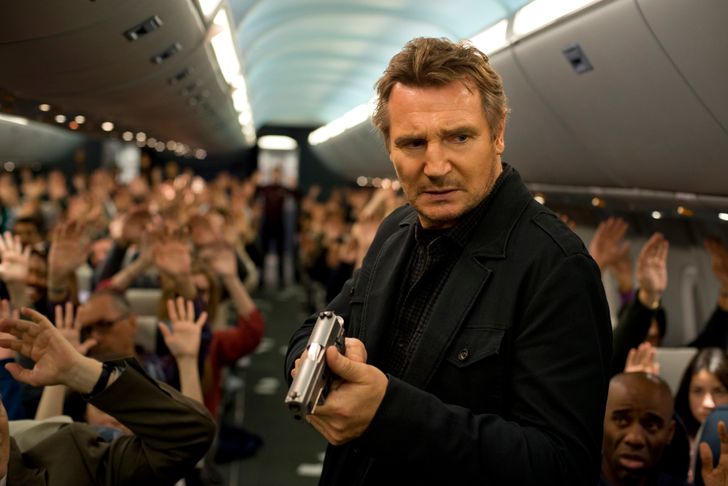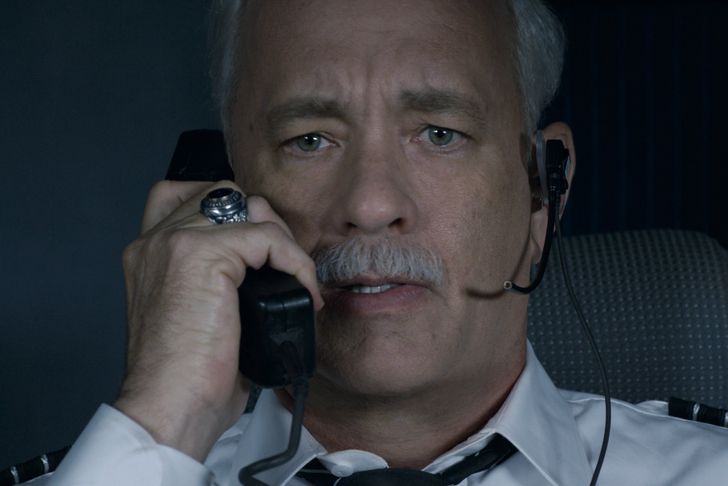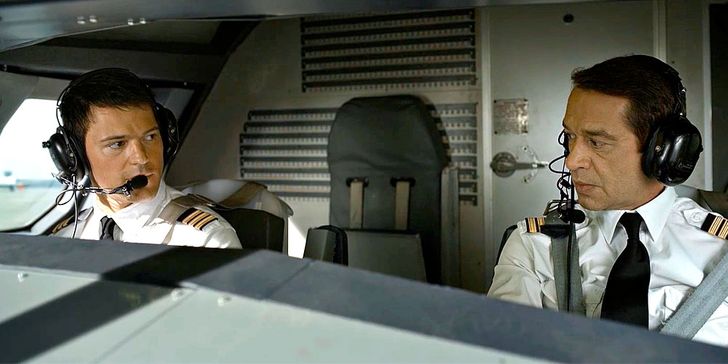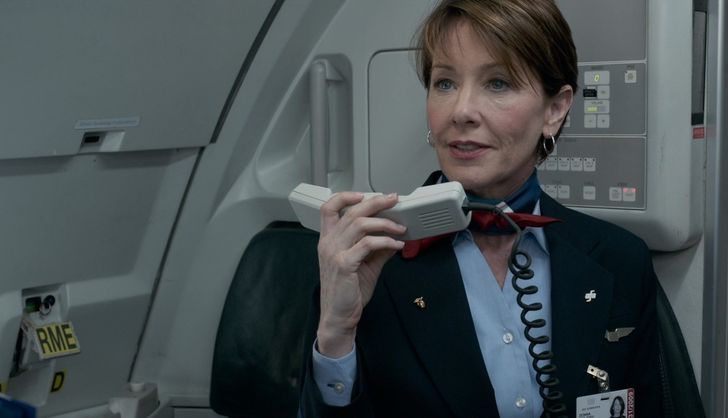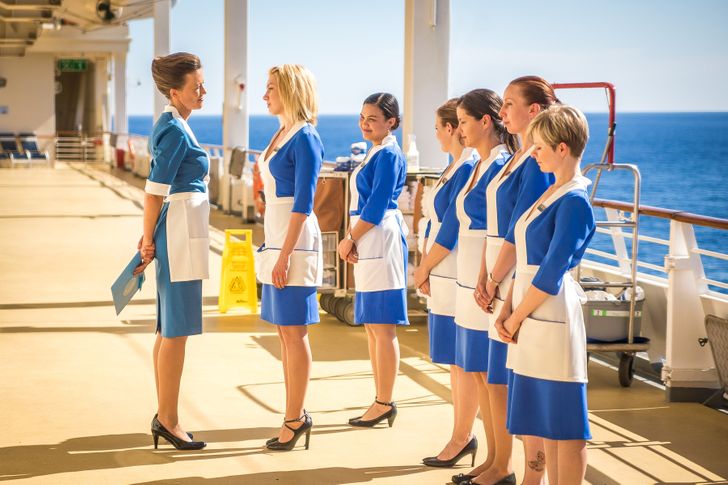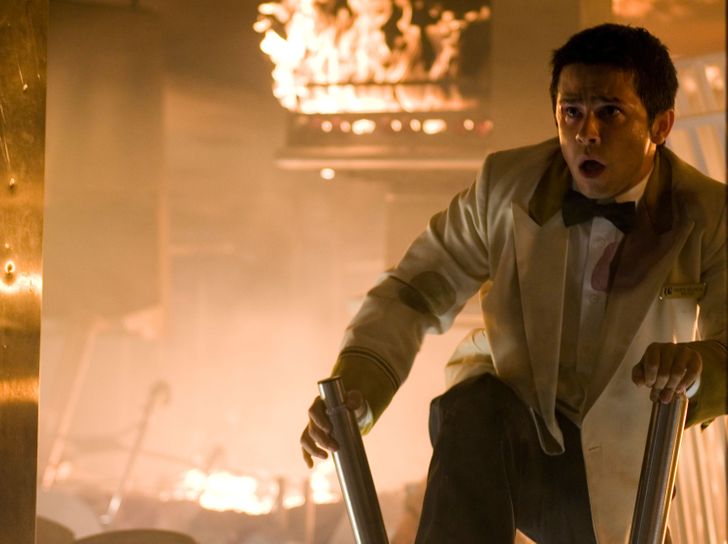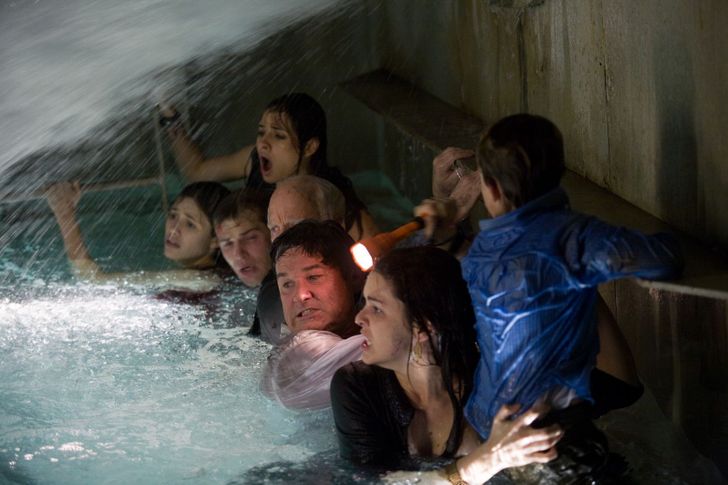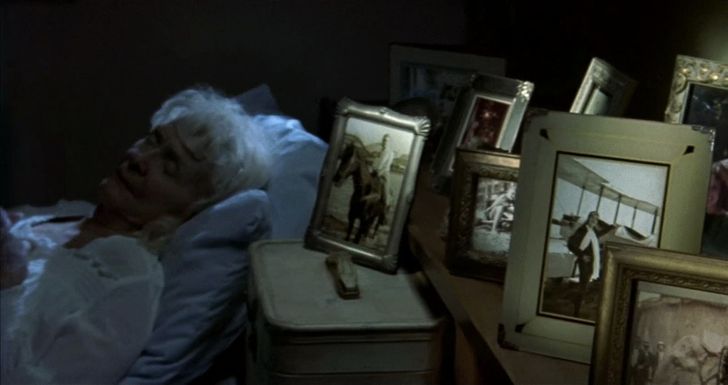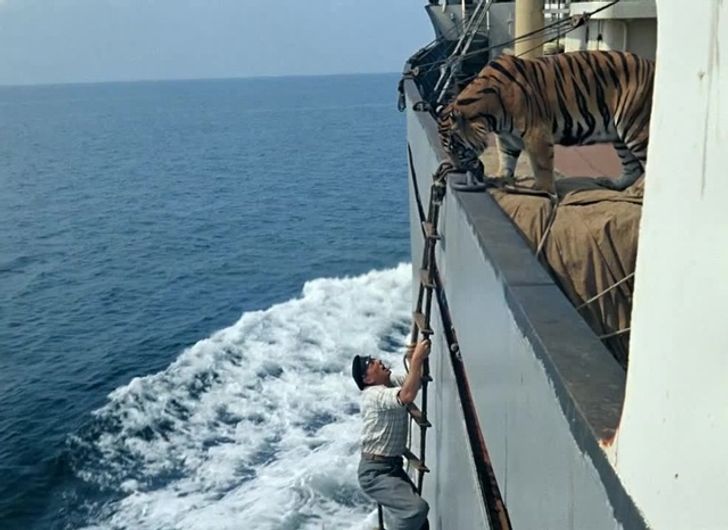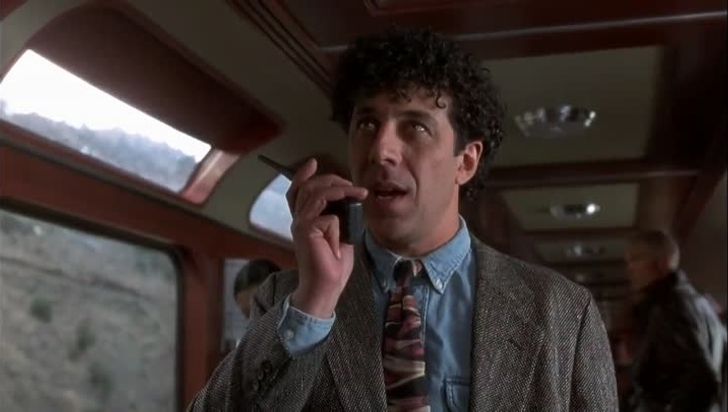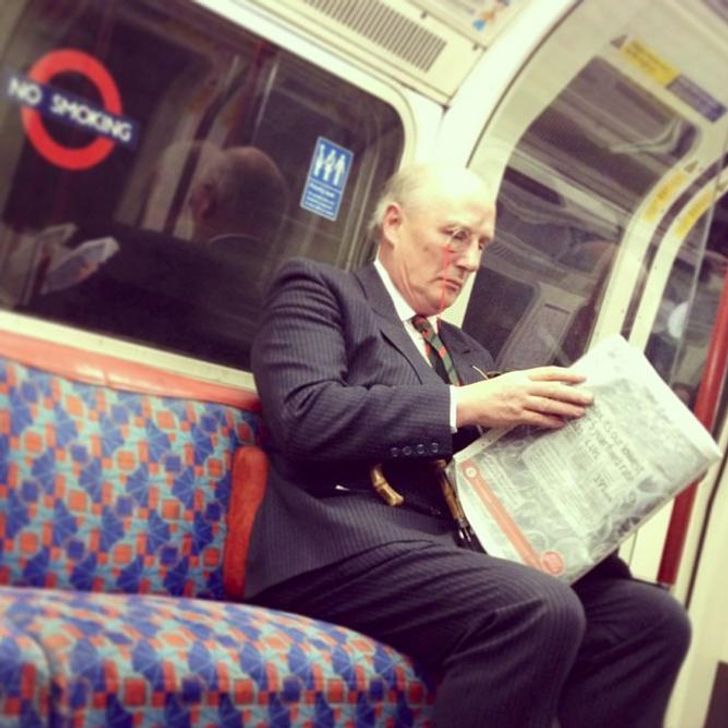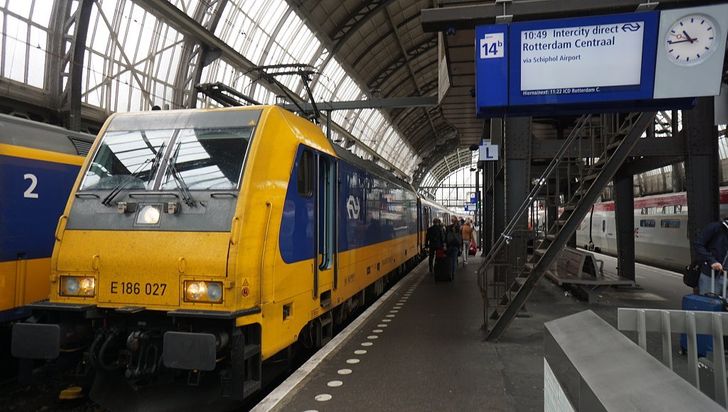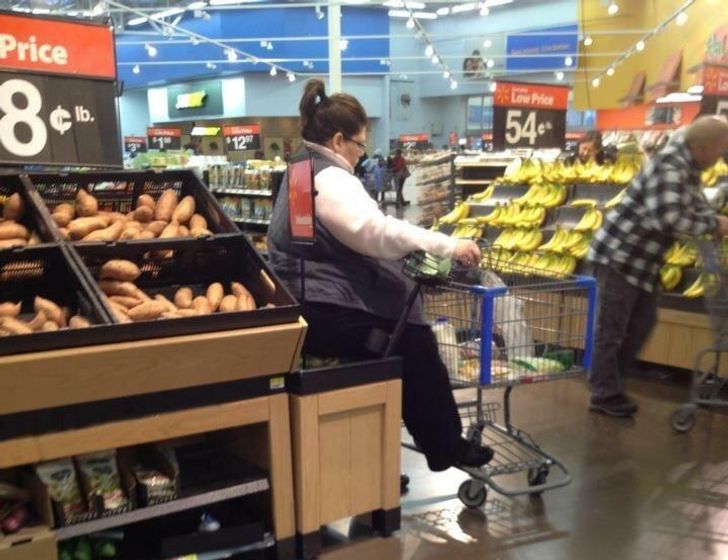I hope I will not here some of these words as I travel. Though, very informative, thanks!
15+ Code Words Passengers Aren’t Supposed to Know
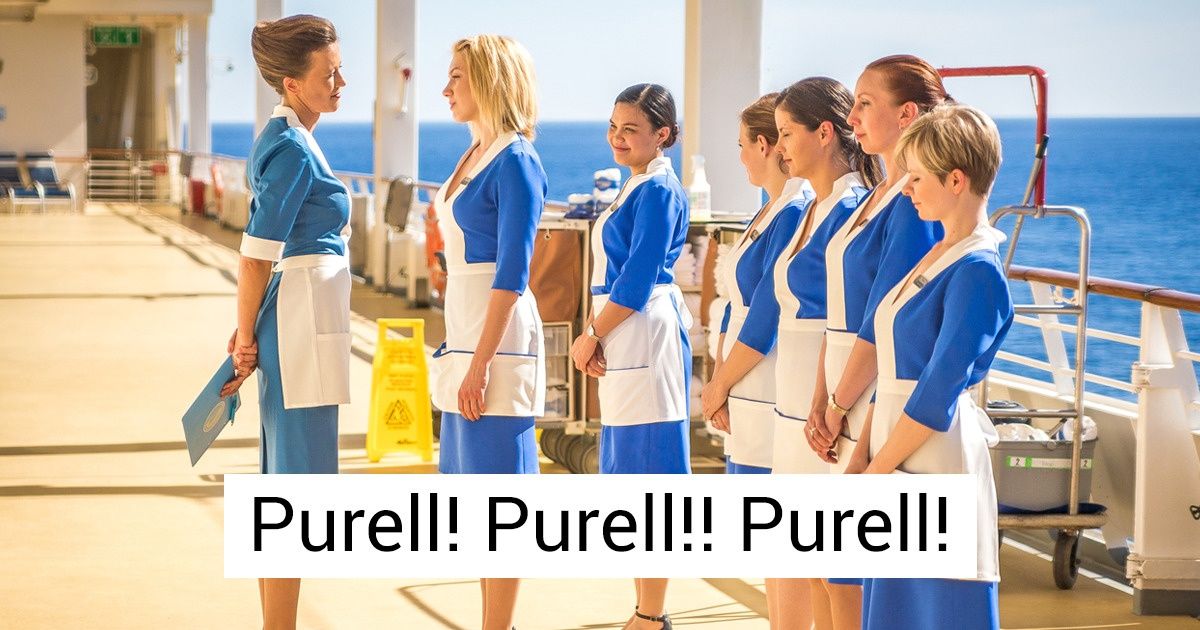
Everyone who has traveled by plane or taken a cruise has probably heard members of the staff talk to each other in a strange way. The thing is, the employees of transportation companies use special words and phrases that are actually code words for different situations. These coded messages allow them to keep passengers calm and avoid panic.
The staff of international companies, stewards of cruise ships, and the employees of city transportation companies have revealed the meaning of their code phrases to Bright Side. They use them in all kinds of situations, so we thought you would like to know what they mean.
1. “5 days in Denmark”
Maybe you’ve heard a flight attendant talking about spending, for example, 5 days in Denmark? And you would never guess that in reality, they were not talking about an actual vacation, but about a passenger. In this case, the number stands for the row, and the first letter in the name of the country stands for the seat number. This is the cipher for the passenger sitting in 5D. Thanks to these phrases, flight attendants can discuss hot passengers without anyone knowing.
2. “Blue juice”
The phrase “blue juice” is used by flight attendants when they are talking about a malfunction of the toilet. In order to avoid awkwardness, flight attendants created this code. So, there is a chance you will hear a flight attendant telling a pilot something like, “We’re out of blue juice.” Now you know what they really mean.
3. “Mayday”
This code is used by pilots and ship captains to signal a situation that is dangerous for life. But in some countries, firefighters, policemen, and some transport organizations also use it. The code is always repeated 3 times in a row (Mayday! Mayday! Mayday!) just to make sure that it is not confused for a similarly sounding phrase.
Mayday is actually an English transcription of the French phrase, Venez m’aider! (Come help me!).
4. “Pan-pan”
5. “Code red”
We hope that you’ll never hear this phrase in real life, and only in the movies. Code Red is used for the most difficult and extreme situations on a plane, and most of the time, this situation is connected with a serious technical problem or an emergency landing.
6. The number of sounds
Aside from code words, there are also special sound notifications. Passengers can use them, for example, when they need to call a flight attendant. For this, they need to press the button above their seat. But in other situations, this sound can mean something different.
- During landing, when all the seatbelts are fastened, one bell signals that the landing gear is being used, and the second bell during landing means that flight attendants can leave their seats and should start the procedure of leading the passengers out of the plane.
-
3 short bells mean that the plane crew needs to return to their seats and listen to a message from the captain.
-
5 short bells signal that an immediate evacuation is necessary.
7. Number codes
Aside from letters and sounds, numbers are used:
- 7,500 is a transponder code which means an aircraft has been hijacked, or is threatened by hijackers.
- 7,600 indicates a radio failure.
- 7,700 is a more general emergency code.
Flight attendants claim that there is one more secret word that is known only to the crew of that specific flight. A new code is picked right before each flight in order to give a secret signal to the captain, in case of danger.
8. “Ditch”
The meaning of the code word Ditch can even be found in the dictionary now. It is used when landing in the water is necessary.
9. “Last-minute paperwork”
This phrase, that is used by pilots before their flight (something like, “we have last-minute paperwork”), actually means that the flight is delayed because of some unexpected situation. For example, the maintenance crew needs to check everything to make sure the plane is ready for the flight.
10. “Cabin Crew, arm doors and cross check”
If you have traveled by plane at least once in your life, you have probably heard the phrase “Cabin Crew, arm doors and cross check.” It is used before take-off and right after the landing of an aircraft in order to remind the crew members that they have to turn on and off the automatic inflation of the slides.
According to the aviation rules, the emergency slides must always be ready while the engines are working, in order to start an evacuation if necessary. Before take-off, a special handle on the door is turned to the “Armed” position. When the landing is complete, the handle is turned again to the “Disarmed” position so that when the doors are open, the slide will not inflate automatically. It seems simple, but there have been cases where flight attendants have forgotten to turn the handle, and the slide inflated right inside the airport, which caused a delay in the passengers leaving the plane.
This is why they use the code word “сross check.” So, every flight attendant will remember to check their handle and the one on the door in front of them.
11. “Purell, Purell, Purell”
“Purell” is a sanitizer brand, but on a plane or a ship this code word is repeated 3 times to call the cleaning service. It means that there is a passenger on board who is sick, and cleaning is necessary.
12. “Red Parties”
If you hear the message “Red Parties” on the radio, it means there is a fire or a possible fire on board a ship. The message is immediately followed by information about where the fire is.
13. “Priority 1” or “Priority 2”
There are more widely spread codes for emergency situations while at sea. For example, “Priority 1” stands for a possible fire on board of a ship, and “Priority 2” signals a possible leak on board.
14. “Operation Bright Star”
“Operation Bright Star” on your cruise ship can signal a medical emergency to all the services nearby. If you hear the “Operation Rising Star” code word, it means that a passenger has died on board.
15. “Mr. Mob”
The code word “Mr. Mob” is used on ships to signal that a passenger is overboard. In this case, Mob is an acronym (man overboard). There is also a sound signal for this emergency — 3 long whistles.
16. “Code one”
“Code One” is often used on trains and cruise ships in order to signal that one of the passengers got hurt or injured and he or she needs medical attention.
17. “Mr. Sands”
The most famous code from the London Tube and railroads in Great Britain is Inspector Sands, or simply, “Mr. Sands.” It is used when there is an emergency situation, for example, a fire or a risk of explosion. It is also used in English theaters. This cipher is used because, in the past, fires were extinguished with buckets of sand.
18. “Mrs. Kate Fire Warning”
A person living in Amsterdam reported in their blog about an obvious cipher that he heard in the central railroad station, “Will Mrs. Kate Fire Warning please come to the information desk where Miss Shoe is waiting for her. I repeat, will Mrs. Kate Fire Warning please come to the information desk where Miss Shoe is waiting for her.”
Bonus: Walmart codes
Walmart employees use these codes:
- Code Black — Severe weather (ex. tornado warning).
- Code Blue — Bomb threat.
- Code Brown — Shooting.
- Code Green — Hostage situation.
- Code Orange — Chemical spill.
- Code Red — Fire.
- Code White — Accident.
- Code C — Customer service or cashier needed.
- Code 300 or Department 51 — Security.
Do you and your colleagues use any code words or ciphers when talking to each other? Tell us about them, unless that information is top secret!
Comments
Very interesting info, I haven't heard about this yet! :)
This is really interesting, I didn't know they have such codes!
Useful information, thank you for sharing :)
Related Reads
16 Stories That Prove Kindness Still Wins in Our Broken World
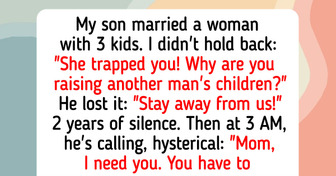
10 Jaw-Dropping Stories Where One Moment Changed Everything
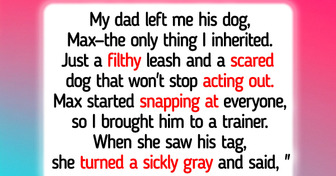
I Refuse to Work Three Unpaid Weekends to Prove Loyalty — HR Got Involved
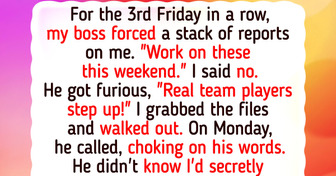
I Refused to Let My Teenage Daughter Lock Her Phone, and She Turned My Rule Into a Family Crisis
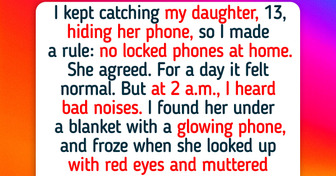
I Refuse to Forgive My Wife for What She Did to My Son

I Won’t Sacrifice My Last Good Years Because My Son Refuses to Grow Up
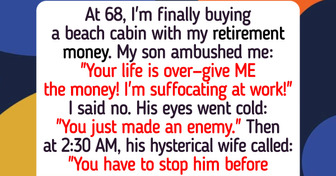
I Refuse to Let My Sister Get Away Without Repaying My Money, I’m Not Charity
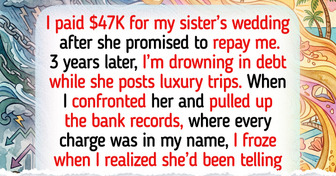
I Funded My Wife’s Luxury Demands—She Made Me Regret Every Penny

A Stranger Humiliated My Daughter at Disney World—He Picked the Wrong Mom to Mess With
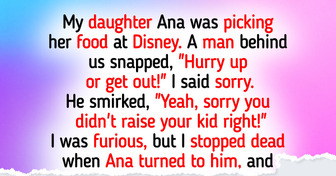
I Refused to Follow My Boss’s Dress Code—HR Had to Step In

I Tried to Be the Perfect Stepmom — but My Husband Just Made Me Feel Worthless
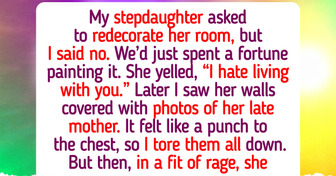
My Parents Wanted a ‘Family Vacation’ on My Budget—I Made One Move They Didn’t Expect
